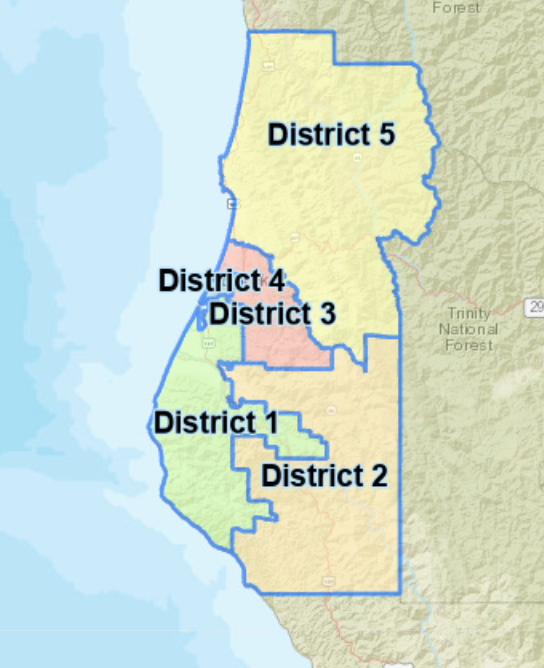Coalition Petitions for Ban on Sale of English Ivy
- Mar 7, 2017
- 3 min read
Petition Targets Pernicious Invasive Species
EPIC, along with a coalition[1] of conservation organizations, businesses, and government entities petitioned the California Department of Food and Agriculture to designate English ivy as a noxious weed and to prohibit its sale in California. While the government currently spends thousands of dollars annually on its removal, ivy is currently being sold by nurseries, frustrating conservation efforts.
“Ivy is a scourge to North Coast coastal forests,” said Tom Wheeler, Executive Director of the Environmental Protection Information Center (EPIC). “The sale of ivy is prohibited in Oregon and Washington; its time that California do the same.”
English ivy is a persistent problem for California’s forests and native plant communities. Originally brought by European settlers for use as an ornamental plant, English ivy has aggressively spread to public lands. On the ground, ivy outcompetes natural plants, such as salal and huckleberries. When it comes in contact with tree trunks, it climbs high into the trees, enveloping the trunks and branches along the way. The heavy weight of the ivy plant can cause trees to fall over. And the added leaf surface creates more wind resistance, making trees susceptible to blow over during high wind events. As ivy reaches sunlight in the tops of trees, it blooms and produces copious amounts of berries containing seeds that help contribute to its expansion, at the expense of native plants and wildlife.
English ivy is a well-recognized problem. Both Washington and Oregon classify it as a noxious weed. Within California, thousands of dollars and human-hours are spent annually on its removal and the California Department of Fish and Wildlife includes it on its “Don’t Plant Me!” list of plants to avoid planting. While ivy removal or control is a priority to many in the environmental community, efforts to control its spread are hampered by its continued sale in nurseries and garden centers throughout California
“The first step in fighting against an invasive plant is to not make the situation worse. Prohibiting the sale of ivy is a common sense measure to protect California’s unique places,” said Wheeler.
The petition has its genesis with the efforts of the Humboldt No Ivy League. The Humboldt No Ivy League is a group of volunteers who dedicate their Friday mornings (and some Saturday mornings) to hand-pulling ivy from local State Parks in Humboldt County. The group strongly advocates for more state funding for control of English ivy and other highly invasive plants, and for restoration programs throughout State Parks and other public lands in California. Based on the League’s work and advocacy, a large and diverse coalition was formed to support prohibiting the sale of ivy.
“It’s time for our state leaders and land managers to take a hard look at the serious threat that English ivy poses to California’s biodiversity. If we fail to get the English ivy problem under control, we are going to see tremendous damage done to our important native plant communities, including our Sitka spruce and Redwood forests.” said Kim Tays, Humboldt No Ivy League member.
[1] The coalition includes the Environmental Protection Information, Redwood National and State Parks, Bureau of Land Management, Arcata Field Office, Humboldt Redwood Co., Green Diamond Resource Co., Center for Biological Diversity, Save the Redwoods League, Humboldt No Ivy League, Northcoast Environmental Center, Sierra Club Redwood Chapter, North Group, North Coast Chapter, California Native Plant Society, Trinidad Coastal Land Trust, Siskiyou Land Conservancy, Mattole Restoration Council, Mid Klamath Watershed Council, Friends of Arcata March and High Tide Permaculture (collectively “Petitioners”).
Check out the links below to read more articles about Ivy:
The battle against English Ivy – The LumberJack
Attack of the English Ivy – North Coast Journal





Comments